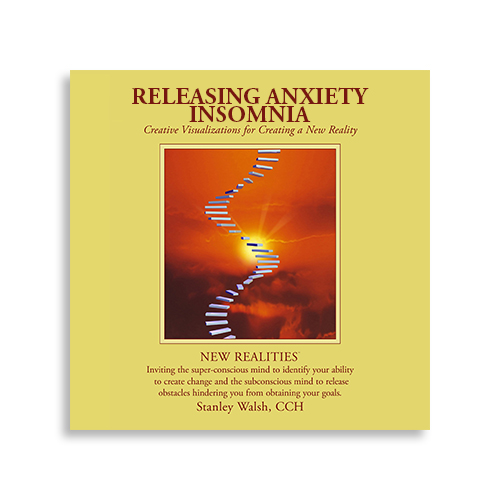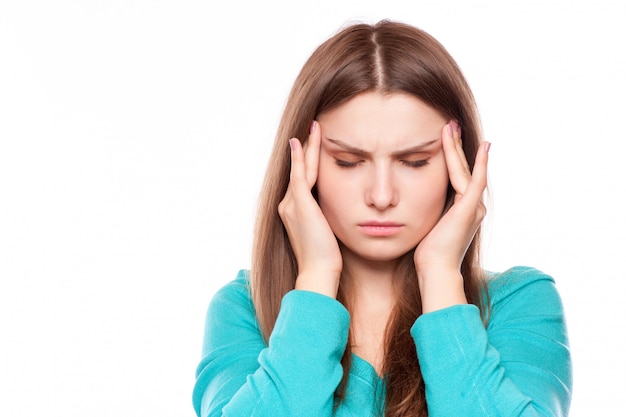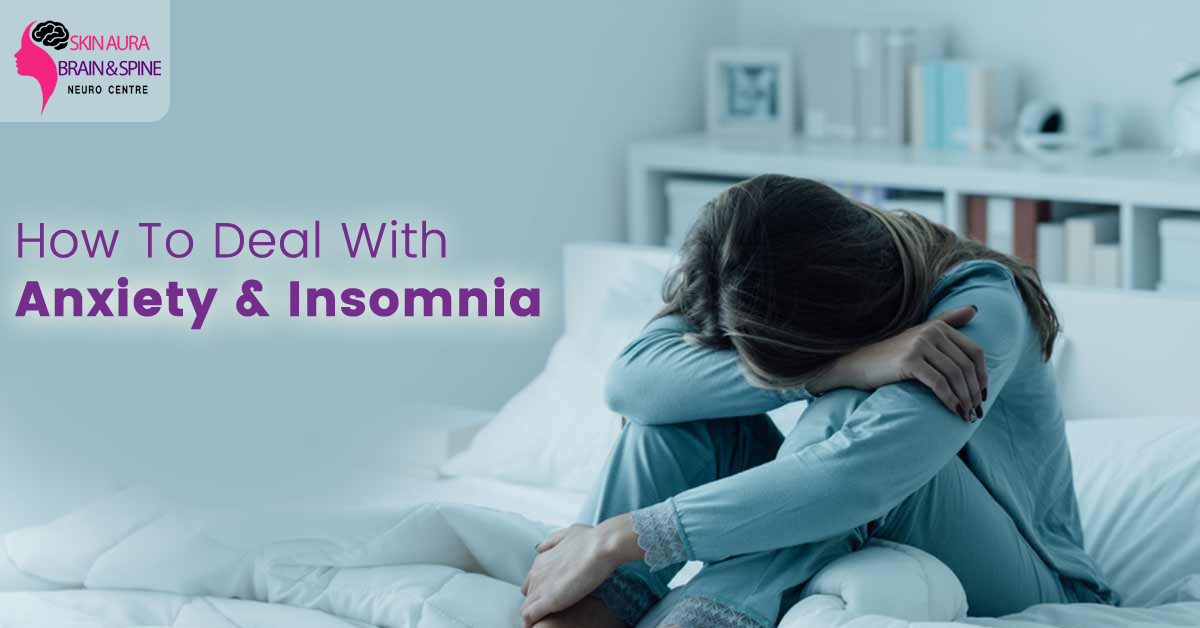

Compared with non-anxiety insomnia patients, insomnia patients with anxiety have significantly reduced sleep efficiency, total sleep time, and percentage of slow-wave sleep, which significantly reduces patients’ quality of life and brings severe social dysfunction and economic burden. Clinical studies found that about 50% of insomnia patients are accompanied by mental disorders. The specific manifestations of insomnia patients with an anxiety disorder include insomnia with significant anxiety symptoms or emotional disorders such as nervousness, worry, and irritability.

Insomnia patients are often accompanied by a certain degree of anxiety, depression, and other bad moods. The consensus mentioned that about half of all patients with diagnosed insomnia have at least one comorbidity of mental disorder. Registered on 24 October 2020.Īfter a lapse of 9 years, the British Psychopharmacological Association (BAP) updated its consensus on treating insomnia, parasomnia, and circadian rhythm disorders in 2019.
#Anxiety insomnia trial
Trial registrationĬhinese Clinical Trial Registry ChiCTR2000039352. The acupressure wrist-ankle strap may become a pure physical, no side effect treatment of mild insomnia. The results of this study will confirm the efficacy of acupressure wrist-ankle strap in treating mild insomnia patients with anxiety disorder and whether its mechanism is related to the HPA axis. From the perspective of the circadian secretion of peripheral blood-related hormones in the hypothalamic-pituitary-adrenal (HPA) axis, the possible mechanism of acupressure wrist-ankle straps for treating insomnia is studied.

Rating scales, sleep monitors, and laboratory tests will be used to observe the clinical effect. In total, 114 patients diagnosed with mild insomnia and anxiety disorders will be randomly assigned into two groups, the acupressure wrist-ankle strap group or the non-acupressure wrist-ankle strap group they will receive treatments for eight weeks with five sessions each week. This trial is a parallel-design, patients-assessor blinded, randomized, sham-controlled. We design this trial to evaluate the clinical effect of the acupressure wrist-ankle strap in the treatment of mild insomnia patients with anxiety disorders.
#Anxiety insomnia portable
Based on WAA theory, the acupressure wrist-ankle straps are portable WAA point compression straps that can treat diseases by automatically applying pressure to the treatment location and being operated by patients themselves. Wrist-ankle acupuncture (WAA) is safe and effective for insomnia. Recent studies have found that the hypothalamic-pituitary-adrenal (HPA) axis excitement-inhibition state is an important indicator of sleep quality. All rights reserved.Insomnia is very common in current society, and patients are often accompanied by a certain degree of anxiety, depression, etc. Collectively, these findings contribute to an emerging biological framework that elucidates the interrelationship between sleep and anxiety, and highlight the prospect of slow wave sleep as a potential therapeutic target for reducing anxiety.Īdenosine Anxiety Functional magnetic resonance imaging Molecular brain imaging Sleep Sleep interventions Sleep loss.Ĭopyright © 2021 Elsevier Ltd. Thus, we address novel non-invasive brain stimulation techniques that can enhance electroencephalographic slow waves, and might help alleviate sleep and anxiety symptoms. Notwithstanding therapeutic success, up to ∼30% of individuals with anxiety can be nonresponsive to frontline treatments. This review further discusses frontline sleep interventions aimed at enhancing sleep in individuals experiencing anxiety, such as nonbenzodiazepines/antidepressants, lifestyle and sleep interventions and cognitive behavioral therapy for insomnia. We discuss recent developments from human molecular imaging studies that highlight the role of specific brain neurotransmitter mechanisms, such as the adenosinergic receptor system, on anxiety, arousal, and sleep. This review outlines brain mechanisms underlying sleep and anxiety, by addressing recent human functional/structural imaging studies on brain networks underlying the anxiogenic impact of sleep loss, and the beneficial effect of sleep on these brain networks.

Epidemiological studies show that sleep disturbances, particularly insomnia, affect ∼50% of individuals with anxiety, and that insufficient sleep can instigate or further exacerbate it. Anxiety is the most common mental health problem worldwide.


 0 kommentar(er)
0 kommentar(er)
